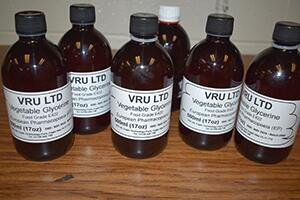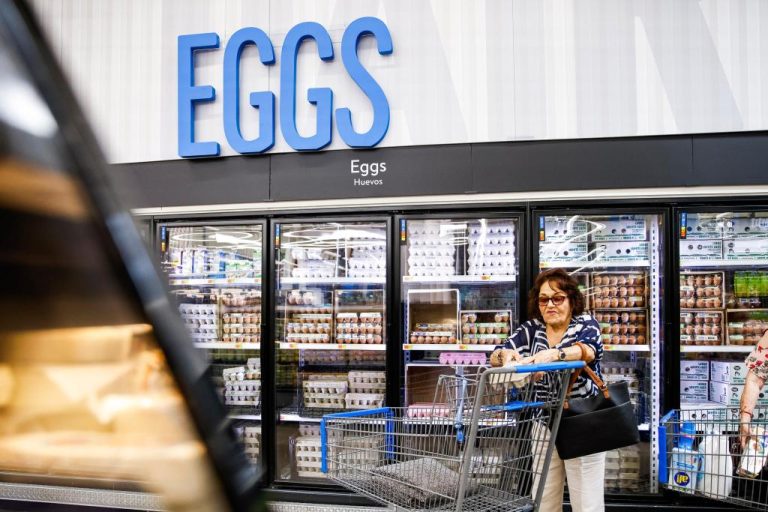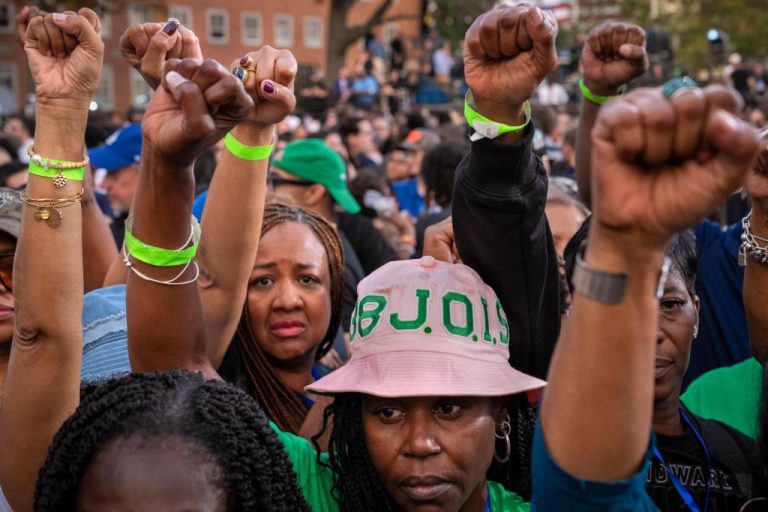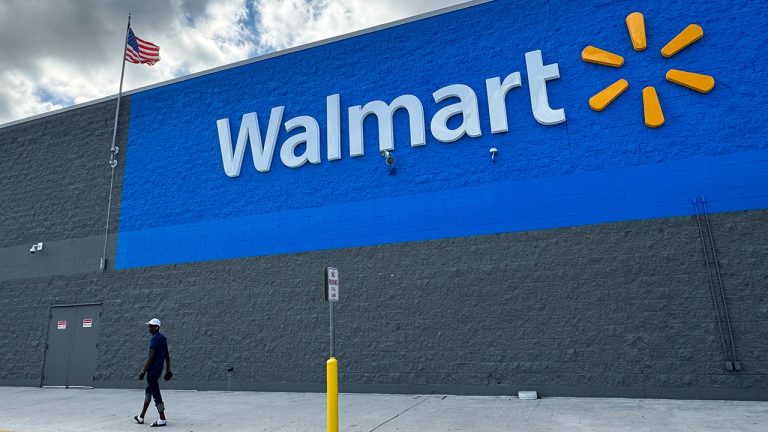
PHILADELPHIA – There’s less sizzurp on the streets of Philadelphia after U.S. Customs and Border Protection officers recently seized a gallon of codeine syrup shipped from the United Kingdom.
The shipment, which was destined to an address in Philadelphia, arrived on June 13 manifested as “vegetable glycerin.” CBP officers opened the parcel and observed six 17-ounce bottles labeled as vegetable glycerin. The bottles contained a thick, syrupy liquid that field-tested positive for the properties of codeine, an opioid and schedule III controlled substance that requires a physician’s prescription in the United States.
Codeine has a high rate of abuse as a recreation drug, but one that poses potential health concerns. Abusers mix codeine syrup with alcohol or non-alcoholic beverages into a concoction known on the street as purple drank, cough syrup, lean, or sizzurp.
The bottles and contents weighed four kilograms, or about one gallon. It was destined to an address in Philadelphia.
CBP officers seized the codeine syrup on June 15 and turned it over to special agents from Homeland Security Investigations (HSI) for further criminal investigation by the Border Enforcement Security Task Force that operates at the Philadelphia International Airport.
“Intercepting this illicit shipment of codeine syrup is further proof of Customs and Border Protection officers continued commitment to keeping our communities safe by diligently searching for illicit and dangerous products imported in international parcels,” said Rene Ortega, Acting Area Port Director for CBP’s Area Port of Philadelphia.
CBP officers and agents seized an average of 2,895 pounds of dangerous drugs every day at our nation’s air, land and sea ports of entry. See what else CBP accomplished during “A Typical Day” in 2022.
CBP’s border security mission is led at our nation’s Ports of Entry by CBP officers and agriculture specialists from the Office of Field Operations. CBP screens international travelers and cargo and searches for illicit narcotics, unreported currency, weapons, counterfeit consumer goods, prohibited agriculture, invasive weeds and pests, and other illicit products that could potentially harm the American public, U.S. businesses, and our nation’s safety and economic vitality.
Learn more at www.CBP.gov.
Follow the Director of CBP’s Baltimore Field Office on Twitter at @DFOBaltimore for breaking news, current events, human interest stories and photos, and CBP’s Office of Field Operations on Instagram at @cbpfieldops.






